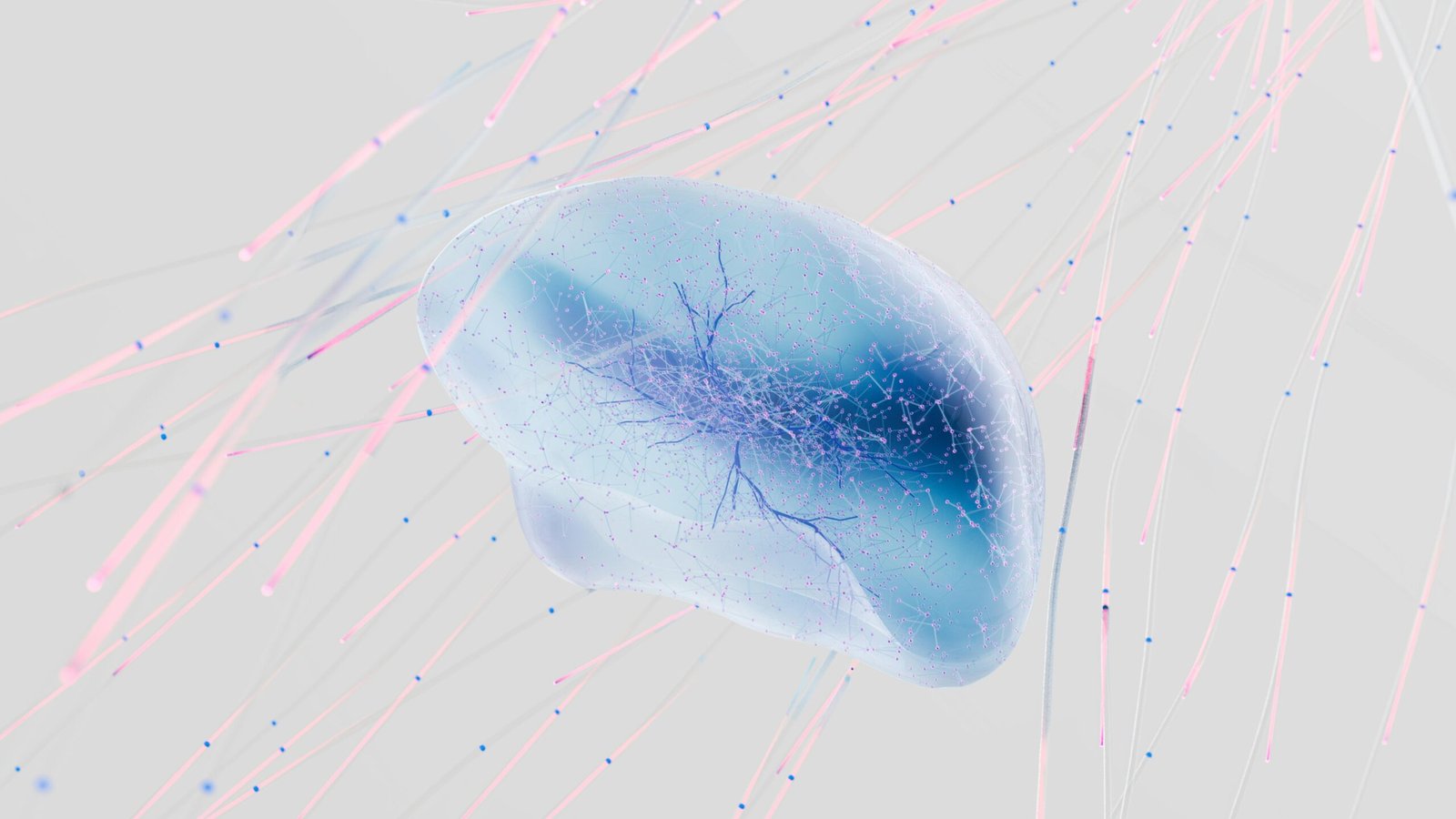As we look toward the future, the capabilities that artificial intelligence (AI) will unlock in the coming decades will seem like magic to our grandparents. This acceleration of human ability is not entirely new but is poised to happen at a pace and scale never seen before. Our society has progressed remarkably over time, not because of genetic evolution but through the ever-growing infrastructure of human knowledge and technology. AI stands at the forefront of this transformation, offering tools that will redefine our understanding of what’s possible.
A Society Powered by Advanced Intelligence
Throughout history, human progress has been built on the collective achievements of past generations. Our grandparents and their forebears constructed the foundations of modern society, which we continue to build upon today. AI is set to add new layers to this scaffolding of progress, enabling us to solve problems that previously seemed insurmountable. From personalized education to advanced healthcare, AI will create opportunities that our ancestors could only dream of.
This evolution won’t happen overnight, but the gradual integration of AI into everyday life will empower individuals far beyond their current capabilities. Imagine having a personal AI team—virtual experts in different fields working together to help you achieve almost anything you can imagine. From personalized tutors to AI-driven healthcare and software development, the potential applications are endless.
Shared Prosperity and the Promise of a Better Future
AI’s transformative potential extends beyond mere convenience; it holds the promise of shared prosperity on a scale that seems unimaginable today. While wealth alone doesn’t guarantee happiness, the improved quality of life that AI could bring would be a significant step forward for millions worldwide. This technology could level the playing field, providing access to resources, education, and opportunities that are currently out of reach for many.
One way to view human history is through the lens of technological progress. From the mastery of fire to the advent of computers, each step has compounded upon the last, leading us to this critical juncture. Today, we can transform silicon into powerful computer chips that drive increasingly intelligent systems—a feat that would have been unthinkable just a few generations ago. In the next few decades, AI might become the most consequential development in human history, with superintelligence potentially emerging within a few thousand days.
The Rise of Deep Learning: The Key to AI’s Success
How did we arrive at the edge of this new era? In three simple words: deep learning worked. The breakthrough in deep learning algorithms, which can learn from vast amounts of data, has been the driving force behind recent AI advancements. As we scaled up the data and computational resources, AI models became better at solving complex problems with remarkable precision. This has already revolutionized industries from healthcare to finance, and it’s just the beginning.
Despite the challenges that remain, the fundamentals of deep learning are sound. The more we invest in compute and data, the better AI will get. The focus now is not on whether AI will continue to improve, but rather how to harness this power responsibly to ensure it benefits humanity at large.
Autonomous AI: A Future of Personalized Assistants and Scientific Breakthroughs
The next leap in AI will involve autonomous systems acting as personal assistants, managing tasks like coordinating healthcare or even helping design new AI models. These intelligent agents will become integral to daily life, making decisions and performing tasks that currently require human intervention.
In time, AI will not only assist us but also drive scientific discoveries, leading to breakthroughs that were previously unimaginable. From curing diseases to addressing climate change and exploring space, AI could usher in an age of unprecedented human achievement.
The Path to the Intelligence Age: Challenges and Opportunities
Transitioning from the Industrial Age to the Intelligence Age will require significant investments in infrastructure, including the development of cheaper and more efficient computing resources. If we fail to build the necessary foundations, AI could become an exclusive resource, accessible only to the wealthy and powerful, potentially leading to conflict and inequality. However, if managed wisely, AI can democratize access to information and opportunities, making it a force for global good.
Navigating the Risks of the Intelligence Age
While the potential upsides of AI are tremendous, it’s essential to navigate the associated risks carefully. Issues such as job displacement, ethical concerns, and privacy risks need proactive solutions. The impact on labor markets, for instance, will be profound, but history shows that human ingenuity finds new ways to contribute and create value.
We must also be mindful of AI’s societal impacts, ensuring that the benefits are widely shared and that safeguards are in place to prevent misuse. Responsible AI development requires collaboration between governments, companies, and communities to create a balanced framework that prioritizes human well-being.
A Future Beyond Imagination
The dawn of the Intelligence Age will bring challenges, but it will also offer opportunities that are almost impossible to fathom today. As we stand on the brink of this transformative period, it’s crucial to shape AI’s development with wisdom and foresight. The tools we build today will determine the future of our world, and the decisions we make now will ripple through generations to come.
The path ahead is paved with innovation, and while we can’t predict every outcome, one thing is certain: the future will be brighter than we can imagine.
This is an understanding from sam altman’s blog. Read it here





